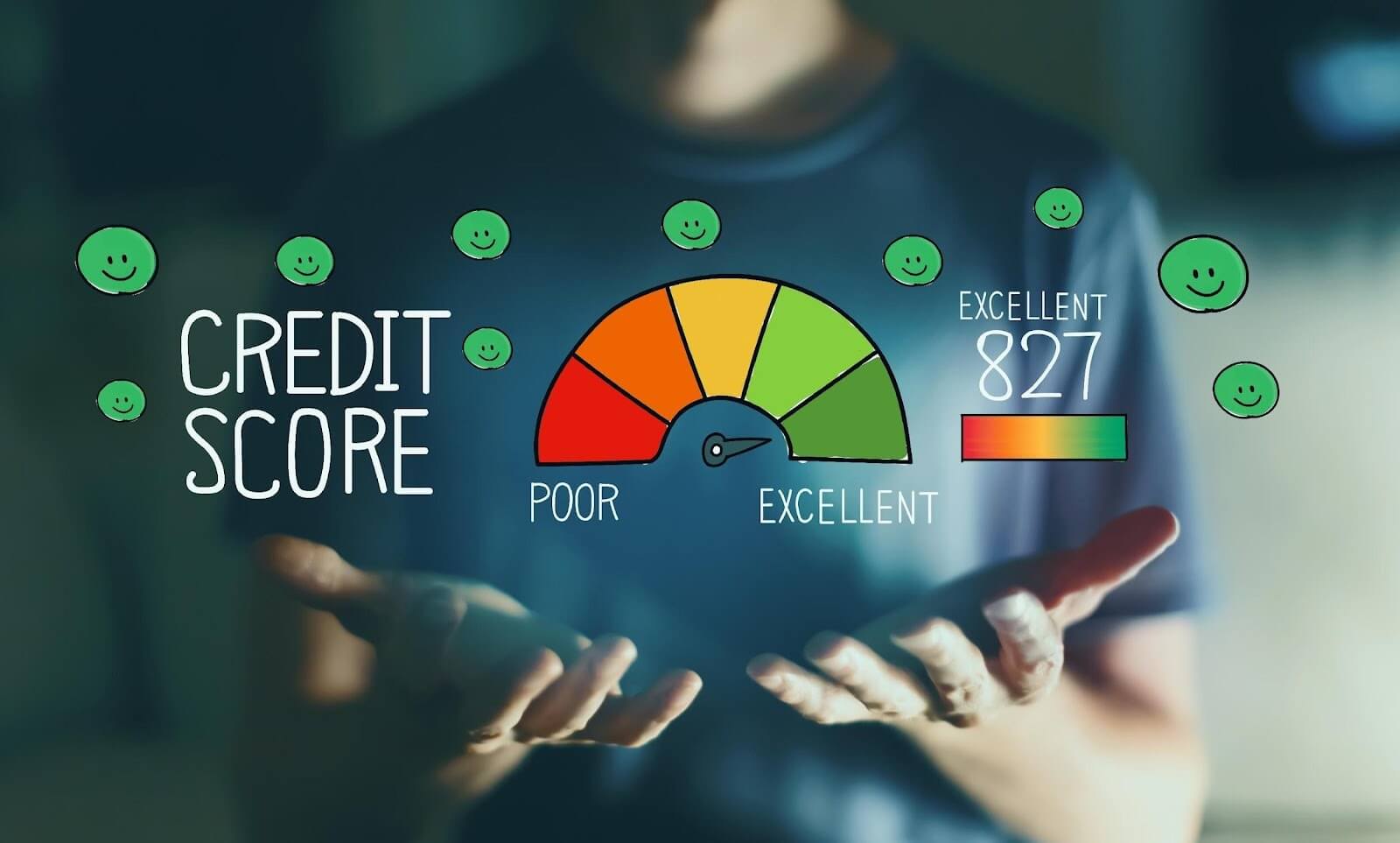
When interest rates change or your financial situation changes, refinancing your existing mortgage can be a smart financial decision. However, before you start comparing loan proposals, it is worth noting one essential point that affects your options: your credit rating. When working with the best refinance lenders, your credit score has a large impact on your loan approval, your interest rate, and the terms of your loan.
Minimum Credit Score Requirements Among the Best Refinance Lenders
While requirements vary by lender and borrower circumstance, most lenders follow a set of basic credit score guidelines:
- Conventional Loans: Typically, you will need to have a score of at least 620 to qualify. If a borrower has a score of 740+, they are most likely to receive the best rates among the best refinance lenders.
- FHA Refinances: These are even more flexible, as FHA allows credit scores to be as low as 580. These loans are best for homeowners working on rebuilding their credit or who have higher debts.
- VA Refinances (for eligible veterans and service members): Although VA does not have an official minimum score requirement, in practice, most lenders prefer you have a score of 620-640.
- Jumbo Loan Refinances: Typically require a score of 700+ since these loans carry inherently more risk, and lenders typically offset risk with a higher credit score requirement.
If you have been following along, you may be beginning to get the idea that these numbers are guidelines, not hard-and-fast rules. For example, the best refinance lenders consider other aspects of your personal finances in addition to your credit score, including income stability/employment duration, debt-to-income ratio, and home equity. But these factors, while important, can not replace credit as the foundation of approval.
How Your Credit Score Impacts Your Refinance Rate
The refinance rate you can get is affected by your credit score, and it is essential to understand your scores if you are aware of your position. Borrowers with credit scores above 800 can get the lowest refinance interest rates, and those between 740 and 799 can get excellent offers and approval certainty. Borrowers with scores ranging from 700-739 can get good refinance offers, although not as low as those in the first category.
Homeowners with credit scores ranging from 660-699 may get fair refinance offers, although with tough standards, and those with scores ranging from 620-659 can get high-interest refinance offers and may not get many lenders. Borrowers with credit scores below 620 may not be eligible for most refinance offers, although government-backed refinance offers may be available. Because your home mortgage may be your largest financial liability, you may be able to save thousands of dollars by refinancing with interest rates that differ by 0.25% among the best refinance lenders.
Ways to Raise Your Credit Score Pre-Refinancing
If your score isn’t where you want it to be, one small improvement can mean a lot. Here are several ways to raise your credit before applying to the Best refinance lenders:
- Pay Down Credit Cards: You should be under 30% utilisation. Having high balances can drop your score very quickly.
- Pay all Bills on Time: Payment history represents 35% of your score. A single late payment can lower your score significantly.
- Do Not Open Accounts Quickly: Having new credit will very likely lower your average account age. All new credit and debt will involve a hard pull inquiry.
- Dispute Errors on Your Report: Errors like incorrect credit limits, duplicate accounts, or falsely reported late payments can and should be disputed from the report. Some errors can be removed within weeks.
- Use Older Accounts: You should keep the length of credit to help lenders trust your application.
- Work to Establish a Good Mix of Credit: Having both an instalment loan with a retail revolving credit loan can give lenders some comfort lending to you.
Using these tips, typically you can see a noticeable rise in your score within 60–90 days, just in time to apply to the Best refinance lenders and get the rates you want.
How Business Lenders View Credit Scores – Bonus Insight
Interestingly, mortgage lenders assessing refinancing applicants are not so different from those assessing business line credit lenders or the best business lenders. A good credit score indicates financial stability, reduces your overall interest rate, and enhances your capacity to get improved financial services.
Conclusion
The very first thing in your renewable credit file is usually your credit score. If you aim to reduce your monthly installments or to take a loan on the basis of your house’s equity, then cooperating with the best refinance lender providers will allow you more freedom and better results financially, in case you make the effort to improve your credit beforehand. Knowing the minimum score requirements, what lenders like, and how to effectively increase your score will enable you to refinance with confidence and get the conditions that help you achieve your financial goals in the future.
